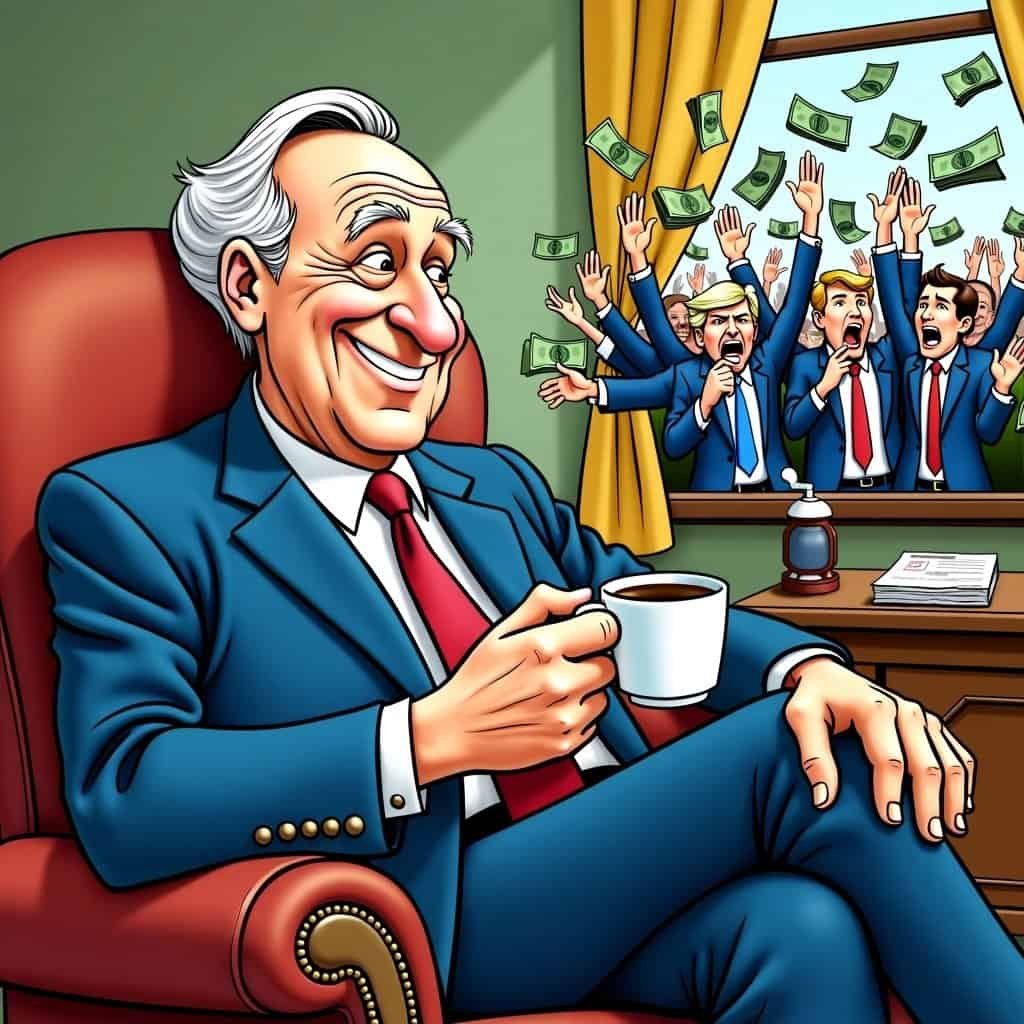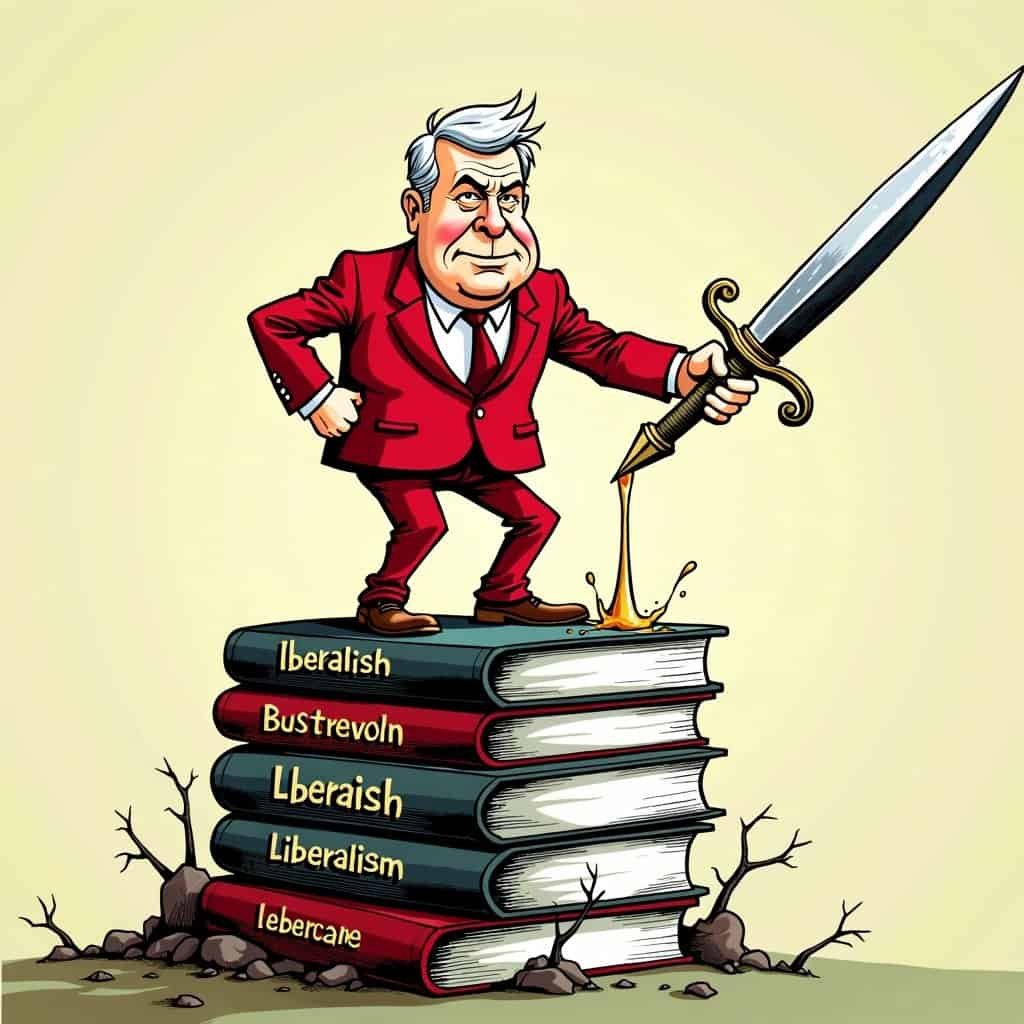William F. Buckley Jr. stands out as a giant in conservative ideology. His sharp wit and flair for the dramatic made him a formidable defender of free markets. Imagine his reaction to today’s regulatory landscape!
In an era where many believe higher taxes and more government oversight are the answer, Buckley’s perspective would be refreshing. While you don’t have to agree with him, his ability to dismantle arguments with charm and intellect was unparalleled. Let’s explore why Buckley, a staunch supporter of free markets, would likely dismiss today’s liberal economic approaches.
The Beauty of Laissez-Faire Capitalism
Buckley championed laissez-faire capitalism, a system where markets operate freely. This contrasts sharply with today’s trend of government intervention. He believed that when the government meddles too much in economic affairs, it often creates more problems than it solves. Free market capitalism, in his view, allows innovation to thrive, much like a garden that flourishes with minimal interference.
The Burden of High Taxes and Heavy Regulations
Buckley saw high taxes and heavy regulations as obstacles to economic progress. He might compare them to ankle weights on a marathon runner – you’ll finish the race, but don’t expect record-breaking times! Lower taxes and fewer regulations create an environment where businesses can innovate, hire, and expand more easily. When businesses thrive, we all benefit through more jobs, better technology, and increased prosperity.
The Practical Benefits of Limited Government
Buckley’s skepticism of government overreach wasn’t based on simple dislike. He recognized the practical advantages. Consider the conservative principle of tax reduction. Supporters argue that allowing people and businesses to keep more of their earnings leads to investments that benefit everyone – new ventures, job creation, and even higher overall tax revenue as the economy grows. This idea challenges the liberal approach of taking more from the wealthy for government redistribution.
Economic Freedom for All
Buckley would likely chuckle at the notion that conservative policies only benefit the rich. He understood that economic freedom improves conditions for everyone. Investments from successful entrepreneurs often pave the way for new industries and technologies. In this view, everyone gets a piece of a larger economic pie, even if some slices are bigger than others.
The Pitfalls of Government Intervention
Buckley might find humor in the idea of government ‘helping’ the economy through intervention. History shows that centralized economies often struggle to maintain stability. While our current situation differs greatly, the principle remains: less government involvement often leads to more economic resilience.
Buckley’s Enduring Legacy
William F. Buckley Jr. had a talent for relating his beliefs to common sense. He advocated for free markets because he believed they create a more vibrant, prosperous society where individual liberty thrives. As we observe today’s push for increased taxes and regulations, it’s worth remembering Buckley’s wisdom. In his worldview, and indeed in conservative thought, prosperity grows from the bottom up, not the top down. Given the freedom to succeed, capable individuals drive our nation forward in ways more innovative and prosperous than any government policy could imagine.
So here’s to William F. Buckley Jr., the unapologetic champion of free markets. If he were here today, he’d likely still be that charming intellectual powerhouse – showing us the potential of markets left to their own devices and finding humor in the idea that government intervention could ever surpass that.
Table of Contents
- The Beauty of Laissez-Faire Capitalism
- The Burden of High Taxes and Heavy Regulations
- The Practical Benefits of Limited Government
- Economic Freedom for All
- The Pitfalls of Government Intervention
- Buckley’s Enduring Legacy






